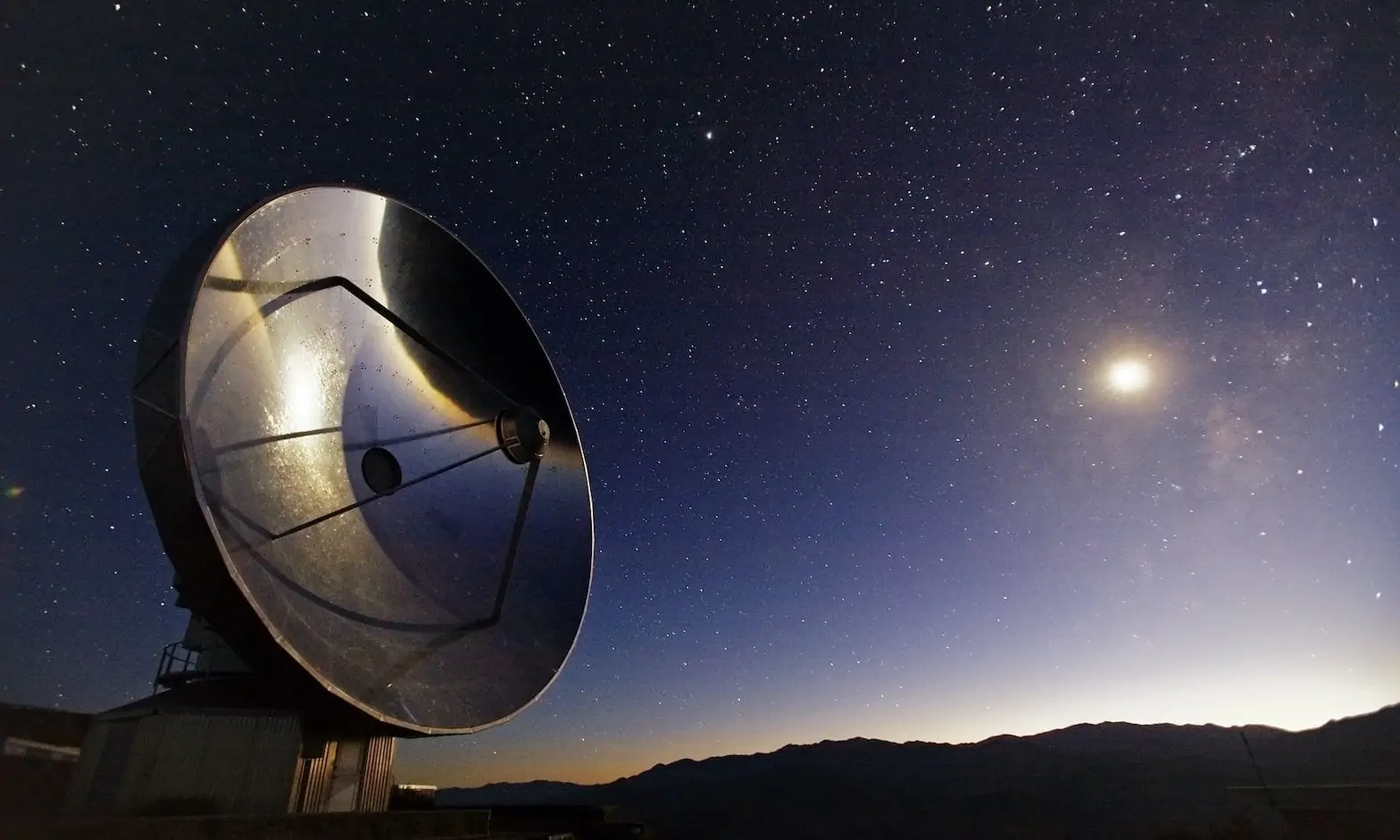A way to say good bye to the Weekly! Stay put, we are working on something new and exciting…
Scans and signals
Using horizon scanning, periodically, we can collect weak – and less weak – signals. The signals point to new, emerging, escalating or stabilising problems. As a result, they indicate how trends or dynamics evolved. This collection of signals, with or without comments, is called a scan.
- Uranium and the Renewal of Nuclear Energy
- AI at War (1) – Ukraine
- Anticipate and Get Ready for the Future – Podcast
- The Return of Nuclear Energy
- Climate Change, Planetary Boundaries and Geopolitical Stakes
- Apocalypse in the Red Sea – Anthropocene Wars (9)
- Understanding a Protest Movement and its Crescendo
Scans must be focused on a specific theme or issue. The breadth of the focus may vary according to needs. The periodicity of collection and publication will also vary according to needs and focus.
In the field of strategic foresight and warning, risk management and future studies, it is the job of good analysts to scan the horizon. As a result, they can perceive signals. Analysts then evaluate the strength of these signals according to specific risks and dynamics. Finally, they deliver their findings to users: the scan. These users can be other analysts, officers or decision-makers.
Contact us for scans created specifically for your organisation.
“Weak” signals, the strength of signals and their relevance
We call signals weak, because it is still difficult to discern them among a vast array of events. However, our biases often alter our capacity to measure the strength of the signal. As a result, the perception of strength will vary according to the awareness of the actor. At worst, biases may be so strong that they completely block the very identification of the signal.
Increasingly one may wonder about the relevance of the idea of ‘weak signals” in our world: if you take the reality of the MIT/Club of Rome 1973 foresight on the sustainability of our world, then, can we truly still dare to say it is a weak signal regarding the impending – already present – global disaster in terms of sustainability? In 1973 it was a weak signal, but now? As so many do not truly pay attention beyond greenwashing, endless meetings and inefficient measures compared to what would be needed, as real awareness generating action is obviously not there, as a result, do the dire warnings still qualify as weak signal? How strong does a signal need to become to be taken into account as signal or even better warning? Part of the answer may be in the idea of timeliness, but if nobody wants to act, does timeliness also become obsolete?
You can read a more detailed methodological explanation in one of our cornerstone articles: Horizon Scanning and Monitoring for Warning: Definition and Practice.
What happened to the Red Team Analysis Weekly ?
Since 2011, we had been running a weekly scan that was published complimentarily on the Red Team Analysis Website. Its focus was political and geopolitical risks or, more largely, conventional and unconventional national and international security.
It was initiated as an experiment in crowdsourcing using social networks, mainly Twitter and sometimes Facebook. To avoid information overload, we chose a weekly rather than daily scan. The experiment being conclusive we went on publishing the scan.
However, Paper.li, the platform we used to create the weekly scan stopped using all sources on 6 April 2023 and definitely closed down on 20 April 2023. Alternatives are not suitable for open access and complimentary scans.
As archives are not kept by paper.li either, we chose to delete all related posts that did not include any content beyond the scan itself, and to redirect readers here.
Featured image: Image of the Swedish-ESO 15m Submillimeter Telescope (SEST) at ESO’s La Silla Observatory, located on the outskirts of the Chilean Atacama Desert, 600 km north of Santiago de Chile and at an altitude of 2400 metres. The photo was taken by Stefan Seip, one of the ESO Photo Ambassadors.


